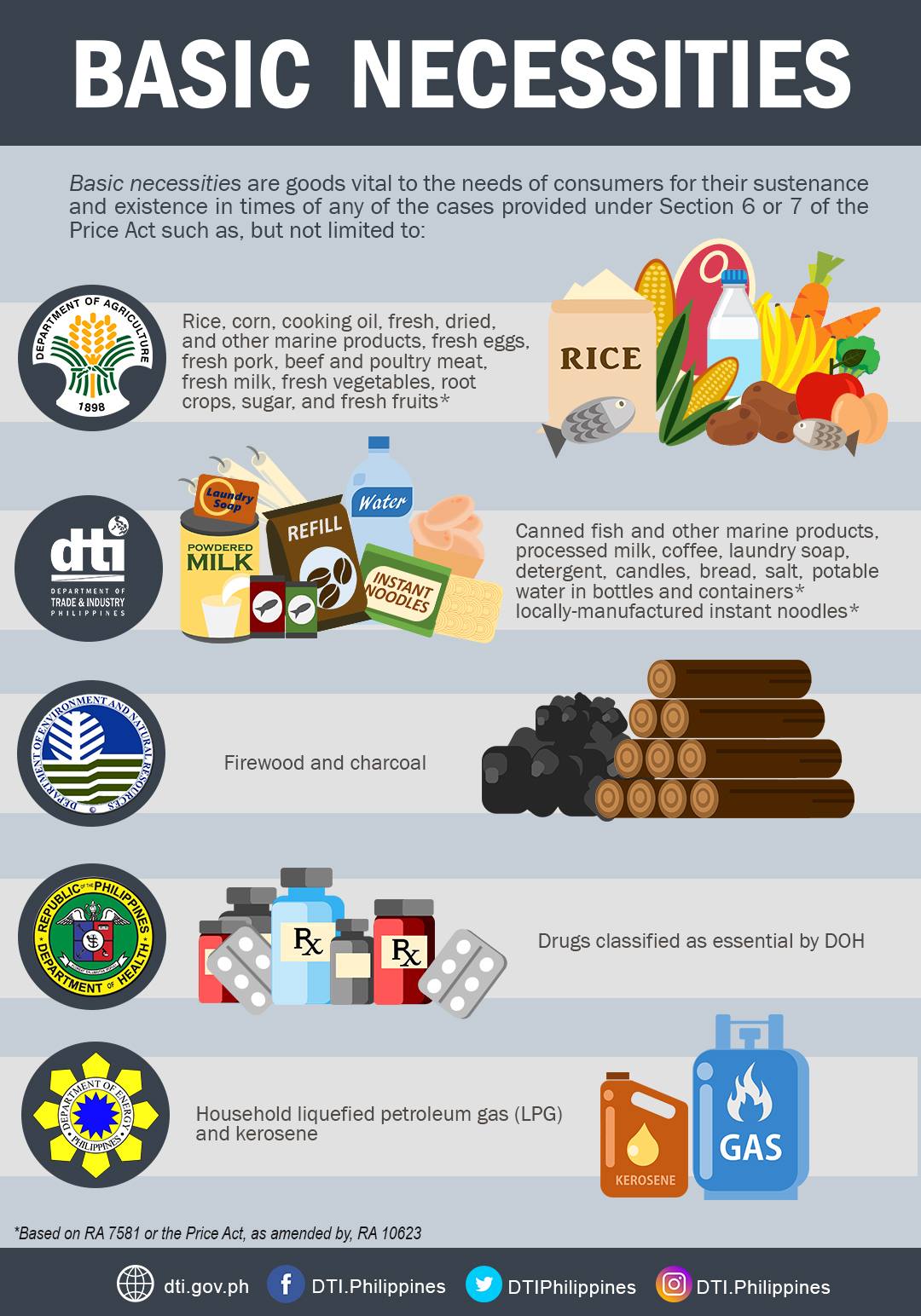By: Sulaiman Aruna Sesay
Sierra Leone is a small West African country of about 7.5 million people. Despite its abundance of natural resources such as diamonds, gold, and iron ore, Sierra Leone faces an overwhelming challenge of providing basic necessities to its citizens. The country has been struggling with a lack of basic necessities like clean water, food, healthcare, and education. The lack of these necessities has had significant implications for the country’s development.
The lack of basic necessities has led to widespread poverty in Sierra Leone. According to the World Bank, more than 70% of the population lives below the poverty line. The majority of the population cannot afford basic necessities such as food, clean water, and healthcare. Consequently, many families are malnourished and suffer from preventable illnesses. This affects the country’s development as they cannot contribute to the labour force or workforce due to poor health. The lack of education is a significant problem in Sierra Leone. According to UNICEF, only 56% of children attend primary school, and only 38% attend secondary school. The lack of education means that many of the citizens are unskilled and are unable to find well-paying jobs. Additionally, the lack of education restricts the country’s development as there is a scarcity of educated professionals and leaders who can drive growth and development.
The lack of education is a significant problem in Sierra Leone. According to UNICEF, only 56% of children attend primary school, and only 38% attend secondary school. The lack of education means that many of the citizens are unskilled and are unable to find well-paying jobs. Additionally, the lack of education restricts the country’s development as there is a scarcity of educated professionals and leaders who can drive growth and development.
Lack of clean water is another major issue in Sierra Leone. According to the World Health Organization and UNICEF, over 40% of the population lacks access to safe drinking water. This has led to a high incidence of waterborne diseases such as cholera, typhoid fever, dysentery, and diarrhoea. The lack of clean water affects the quality of life of the citizens and hinders the potential for economic development.
The lack of adequate healthcare is a significant problem in Sierra Leone. According to the World Health Organization, the country spends less than $20 per capita on healthcare annually. These results in inadequate healthcare facilities, including inadequate staffing, lack of supplies and medicines, and inadequate infrastructure, such as clinics and hospitals. Lack of healthcare affects the well-being and life expectancy of the citizens, which is a vital indicator of the country’s development.
Sierra Leone’s lack of basic necessities such as clean water, food, healthcare, and education, reveals the country’s inability to provide for the basic needs of its citizens. These fundamental elements are essential for social, economic, and human development. However, the country is lagging behind in these areas, making it challenging to achieve sustainable development. Sierra Leone and its international partners must address these challenges to provide the citizens with the basic necessities they need to prosper.












